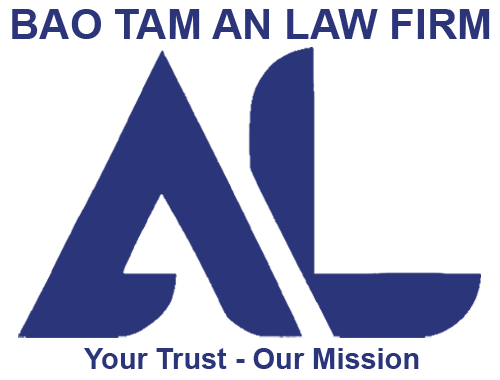Frequently Asked Questions Real Estate
1. What types of real estate services does An Law Vietnam offer?
An Law Vietnam provides a wide range of real estate services, including policy consulting, investment transactions support, contract drafting and review, investment licensing procedures, project implementation advice, and dispute resolution for real estate matters.
2. Why is it important to consult a lawyer for real estate transactions in Vietnam?s
Consulting a lawyer is essential to navigate the complexities of real estate laws and regulations in Vietnam. Legal professionals can help ensure compliance, protect your rights, and minimize risks associated with property transactions.
3. How can An Law Vietnam assist with investment licensing procedures?
We assist clients with the entire process of applying for investment licenses, including preparing necessary documents, understanding regulatory requirements, and ensuring compliance with local laws for smooth approval.
4. What is involved in drafting real estate contracts?
Drafting real estate contracts involves creating legally binding agreements that outline the terms of the transaction, such as purchase agreements, lease contracts, and agreements related to land use rights. Our team ensures that all contracts comply with Vietnamese laws and protect our clients’ interests.
5. What are the regulations for foreigners buying property in Vietnam?
Foreigners can purchase property in Vietnam, but they must comply with specific regulations, such as limitations on property types and quantities. Consulting with legal experts can help navigate these regulations effectively.
6. How does An Law Vietnam handle real estate disputes?
Our firm represents clients in negotiations, mediations, and litigation involving real estate disputes. We provide strategic legal solutions to resolve conflicts related to contracts, transactions, or property ownership rights.
7. What are the benefits of having a real estate lawyer during a transaction?
Having a real estate lawyer ensures that the transaction is legally sound, helps identify potential risks, provides support in contract negotiations, and protects your rights throughout the process.
8. What is the process for transferring property ownership in Vietnam?
The process for transferring property ownership typically involves drafting a sales contract, obtaining necessary approvals, and registering the transfer with local authorities. Our team provides guidance at each step to ensure compliance and a smooth transfer.
